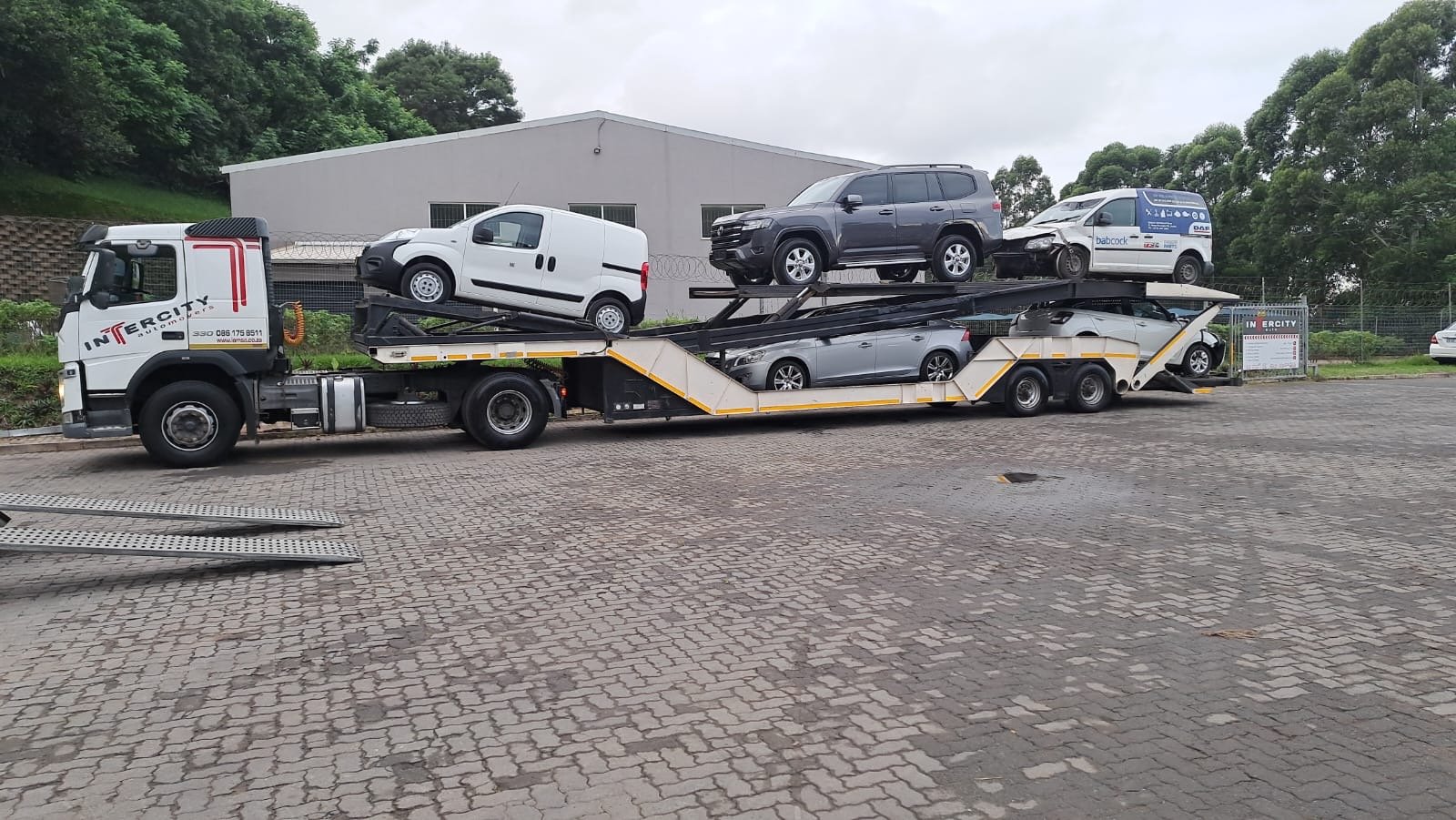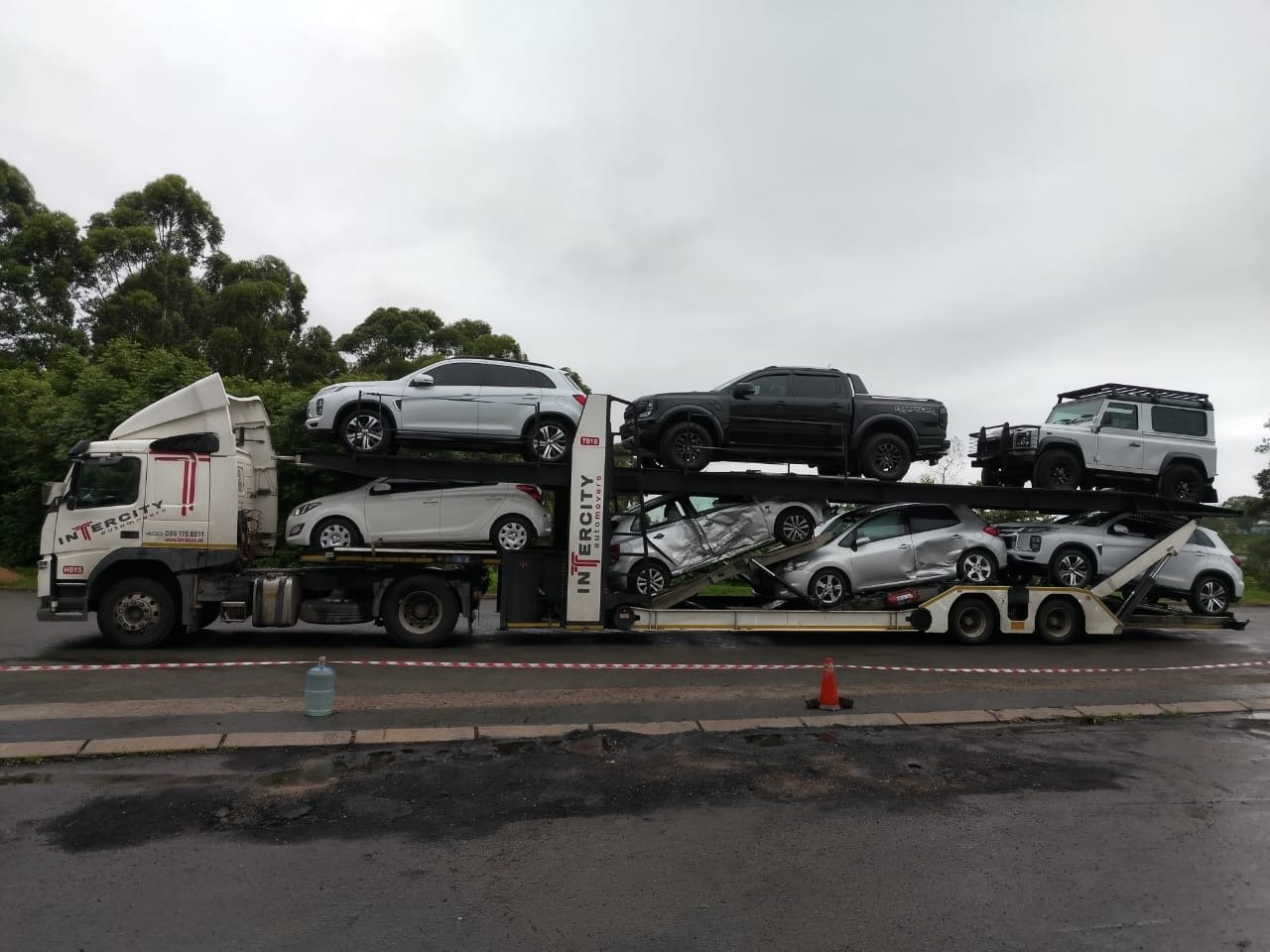Government Vehicle Shipping SA

Specialized Government Fleet Logistics
Government vehicle shipping SA services cater to the unique demands of public sector entities, providing tailored solutions for fleet transfers, disaster response mobilizations, or inter-department relocations. These services understand that government fleets differ from private and commercial vehicles due to standardized equipment, compliance obligations, and tight operational timelines. Therefore, logistics providers partner with municipal, provincial, or national agencies to align service delivery with procurement frameworks, budget cycles, and security standards. They also embed transport processes within government tender systems to maintain accountability and traceability across each vehicle shift.
Agencies benefit from pre-approved service contracts that streamline vehicle orders during emergencies or routine deployments. Transport teams get vehicle lists, pickup locations, and timeframes in advance, which ensures efficient planning. The providers manage everything—from secure pickup at municipal depots to timely delivery at provincial offices or public-service sites. In turn, government staff avoid administrative delays and receive predictable, cost-effective movement solutions for everything from light utility vehicles to heavy-response vans or minibuses.
Compliance and Security Standards
One of the primary distinctions of government vehicle shipping SA lies in strict security and regulatory compliance measures. Transport providers maintain fleets that meet public-sector safety certifications, such as fleet screening, vehicle immobilizers, and seal integrity procedures. Drivers undergo background security checks and mandatory training in handling government assets, including valuable or sensitive equipment. They also follow documented loading protocols and maintain locked vehicles under escort when required.
Insurance coverage expands to include liability protection for high-value government assets and specialized equipment. Contingency protocols address potential road delays, emergency rerouting, or vehicle breakdowns in remote areas. Throughout the transit process, security supervision ensures chain-of-custody control—from depot loading to final drop-off at secure government facilities. These protocols also align with the National Treasury’s logistics framework and internal audits, which helps agencies maintain procedural traceability.
Nationwide Access and Scalability

Government operations span all regions of SA—from urban centres like Cape Town, Durban, and Tshwane to remote rural outposts and border posts. Government vehicle shipping services offer national reach that supports these varied geographic deployments. Whether relocating police vehicles for precinct reassignments, delivering new ambulances to rural clinics, or transferring vans between municipal departments, this transport service adapts to diverse terrain and scheduling demands.
Transportation networks leverage regional hub partnerships to provide local pickup and drop-off services while consolidating larger hauls on main trunk routes. This hub-and-spoke model helps control costs, reduce idle assembly yard time and ensure delivery timelines remain intact. Combined with flexible scheduling, weekend or after-hours relocations become manageable. The result: scalable fleet movements that comply with public-sector budgets and avoid disruptions to service delivery.
Efficient Communication and Stakeholder Support
Government vehicle shipping SA services come with enhanced communication systems tailored to bureaucracy and multi-stakeholder environments. Dispatch teams offer centralized booking desks that coordinate with fleet managers, department leads, and security units. Real-time tracking dashboards provide live visibility into vehicle status and route progress. Stakeholders receive time-stamped location updates via secure portlets or encrypted email for accountability.
On arrival, transport crews follow handover protocols that include digital sign-offs, photographic evidence of vehicle condition, and GPS logs synced to agency compliance portals. In case of delays, facility downtime, or route detours, designated contacts receive immediate notifications for operational continuity. Additionally, Monthly or quarterly service reports are provided to support performance reviews and achieve oversight benchmarks within government procurement frameworks.
Cost Control Through Bulk Contracting
Shipping multiple government vehicles often requires procurement under fixed-price contracts. Government vehicle shipping SA providers structure tenders that align with the Public Finance Management Act (PFMA) guidelines, providing transparent rate schedules for vehicle classes, distances, and service levels. Bulk transport rates significantly reduce per-unit costs compared to ad-hoc shipments, ensuring taxpayer funds are spent efficiently.
Providers offer volume price breaks, fixed-rate routes, and bundled pickup and drop-off options to suit departmental needs. Cost certainty enables agencies to budget accurately while retaining flexibility in fleet deployments. Reported delivery cost savings and higher consistency in scheduling support future contract renewals, making these logistics partnerships economically sound investments.

Why Government Fleets Choose Professional Transport
The decision to contract government vehicle shipping SA stems from the need to combine operational consistency with procedural security. Government agencies benefit from logistics providers who understand the public sector’s regulatory environment and prioritize compliance, reliability, and communication. Secure transport protocols, insurance safeguarding, and real-time accountability all help mitigate risks to public assets.
With tailored service options, agencies avoid commercial-logistics solutions that lack oversight or negotiation frameworks. Instead, they rely on professional transporters that understand procurement, legal compliance, and service accountability. In effect, government vehicle shipping SA services reinforce public service delivery standards, optimize asset deployment, and elevate public trust in governmental operations.
